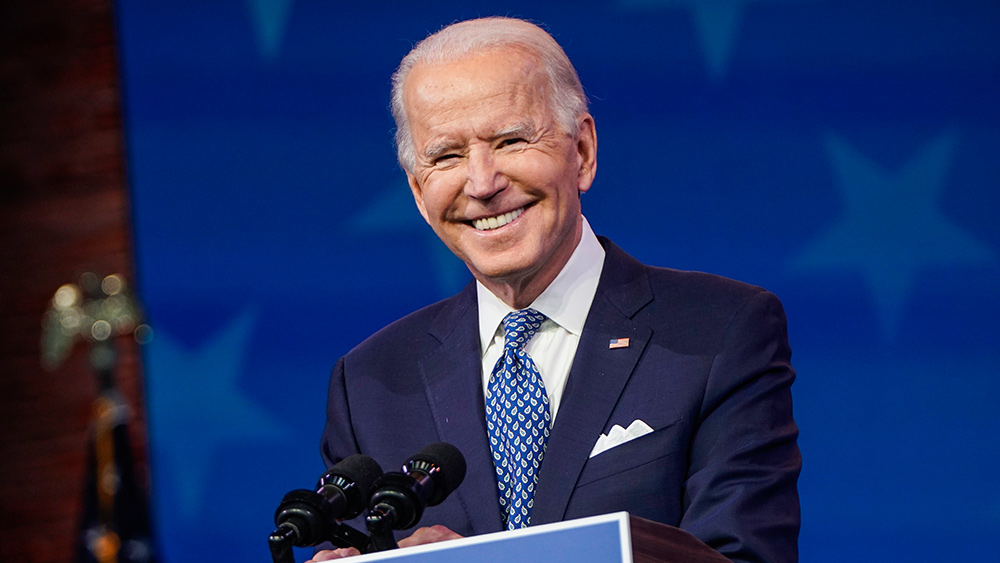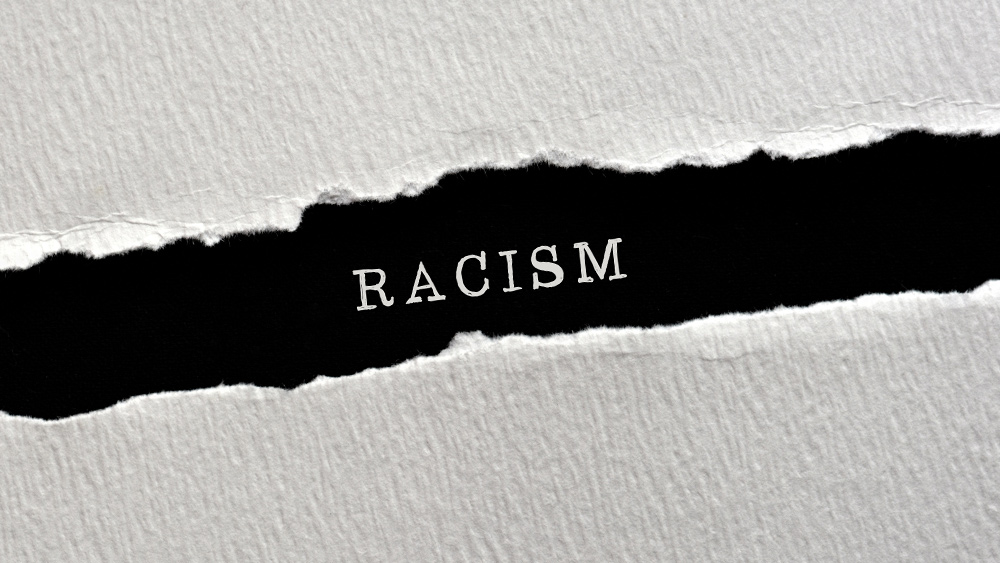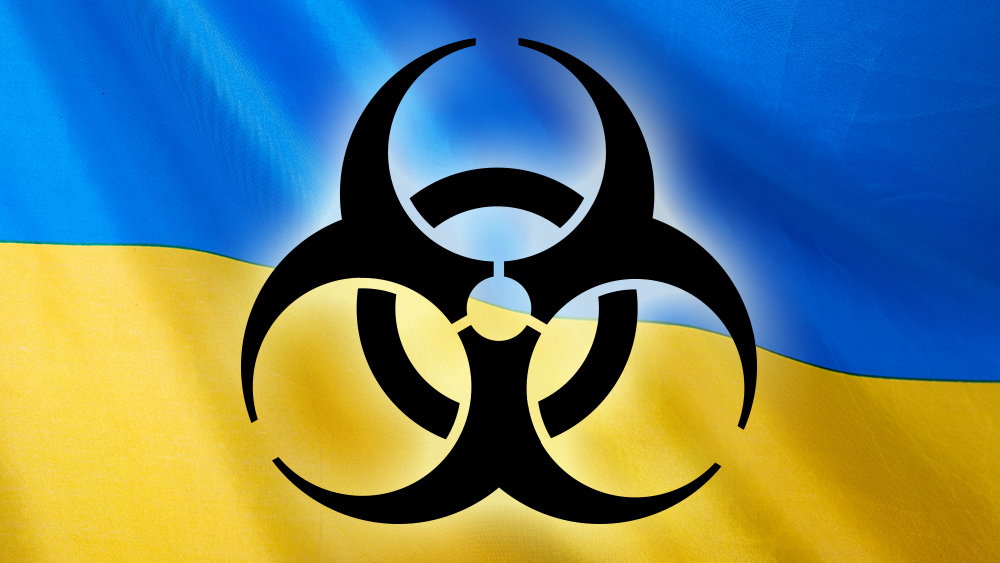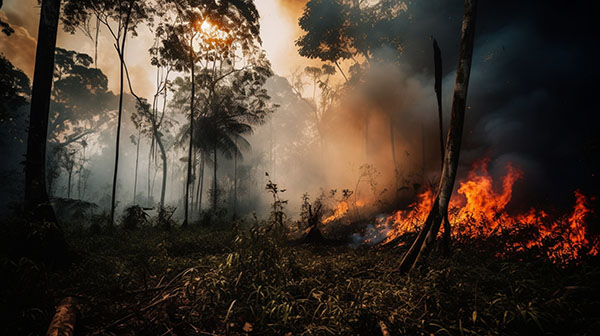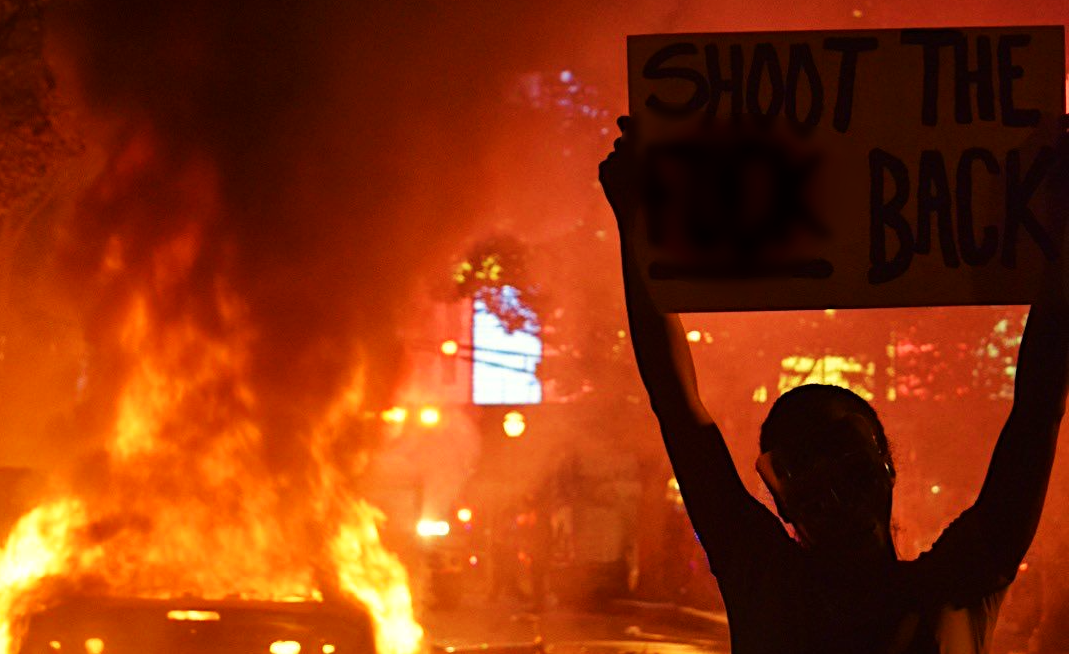As Afghanistan eradicates natural poppy plants used to synthesize heroin, FENTANYL use is increasing
08/23/2023 / By Ethan Huff
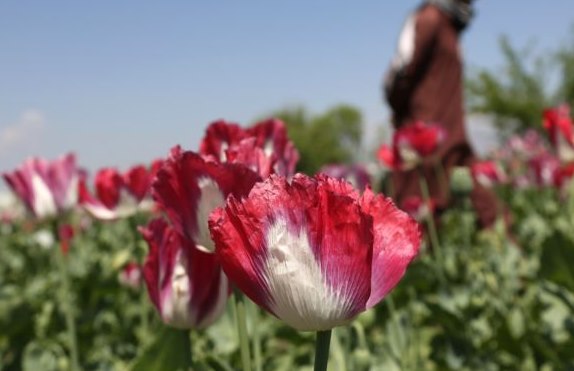
When former President Bill Clinton first bombed Afghanistan in 1999 after intelligence sources linked the August 1998 bombings in Kenya and Tanzania to Osama bin Laden and other Afghani terrorists, America was told that the consequent invasion operation would also lead to a major victory in the so-called “war on drugs.” It has been several decades since, and we have come to learn that pretty much nothing happened on the war on drugs front until the Taliban government itself decided to take action in 2022.
What, then, was the United States military doing all these years in Afghanistan? This is a really good question because, as far as we can tell, U.S. troops were actually sent to Afghanistan’s poppy and ephedra fields to guard and protect them rather than eradicate them.
Up until recently, Afghanistan remained the world’s leading producer of poppy plants, which can be used to synthesize heroin. In some Afghani provinces, poppy production was reduced by up to 99 percent between last year and now, though prior to that production was high and it was business as usual, even with U.S. troops occupying the country since the late 1990s.
Meanwhile, as heroin has dried up as a result, fentanyl is fast taking its place. In fact, sources say that Afghanistan’s eradication of much of its own poppy crop has sparked increased demand for fentanyl, a synthetic drug that is dozens of times stronger than heroin and much deadlier.
The war on drugs will always fail, and the casualties of it will always be human life
What Afghanistan did in the past year to get rid of most of its poppy production is being called by some “the most successful counter-narcotics effort in human history,” even though poppies are just a plant that when used naturally and not synthesized into heroin does serve a safe and effective purpose.
Nevertheless, Afghanistan is done with the stuff, and is also done with ephedra, it sounds like, which is another plant from which synthetic drugs are made, but that in its natural form holds benefits when used effectively.
The point of the story, though, is that the U.S. military sat in Afghanistan all those years under the guise of fighting “terror” and the war on drugs, and yet accomplished absolutely nothing. The Taliban, meanwhile, is now doing what the U.S. military claimed it was going to do, and it is doing so swiftly.
Keep in mind that the war on drugs has never done anything to actually stop drug use, and only seems to harm those in need by driving them into black markets where they end up obtaining dangerous products that could kill them.
Experts at MintPress News, which covered the Afghanistan poppy story, say that the more Afghanistan rids itself of poppy plants to try to stop the opium and heroin trade, the more people are turning to much more dangerous synthetic drugs like fentanyl instead.
“It is important to consider past periods of heroin shortages and the impact these have had on the European drug market,” added the European Monitoring Center for Drugs and Drug Addiction (EMCDDA) about how prohibition is harming people across the pond as well.
“Experience in the E.U. with previous periods of reduced heroin supply suggests that this can lead to changes in patterns of drug supply and use. This can include further an increase in rates of polysubstance use among heroin users. Additional risks to existing users may be posed by the substitution of heroin with more harmful synthetic opioids, including fentanyl and its derivatives and new potent benzimidazole opioids.”
More related news can be found at Addiction.news.
Sources for this article include:
Submit a correction >>
Tagged Under:
addiction, Afghanistan, big government, Big Pharma, conspiracy, crisis, deception, drug cartels, Fentanyl, Heroin, national security, Opioids, pharmaceutical fraud, poppies, poppy, synthetic drugs, taliban, War on Drugs
This article may contain statements that reflect the opinion of the author
RECENT NEWS & ARTICLES
COPYRIGHT © 2017 INSANITY NEWS





